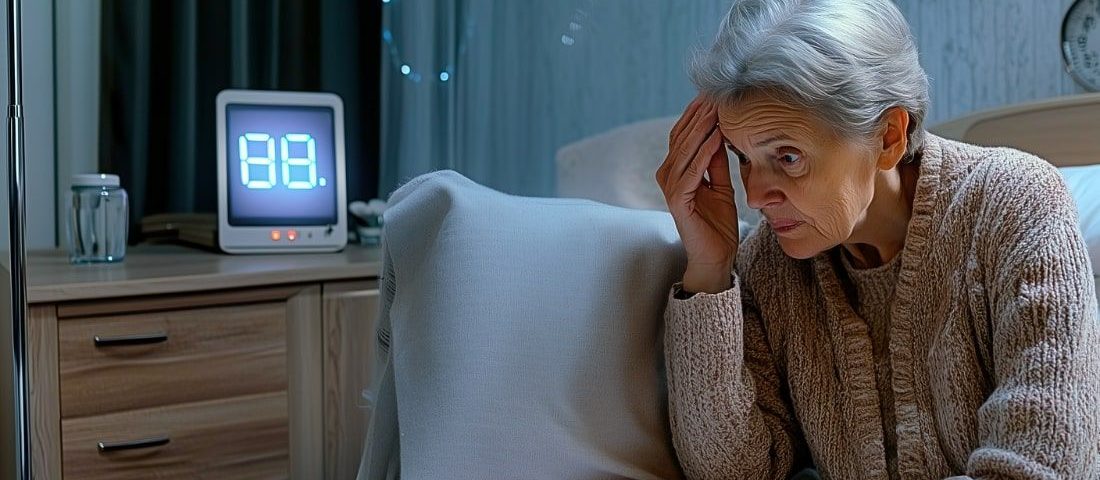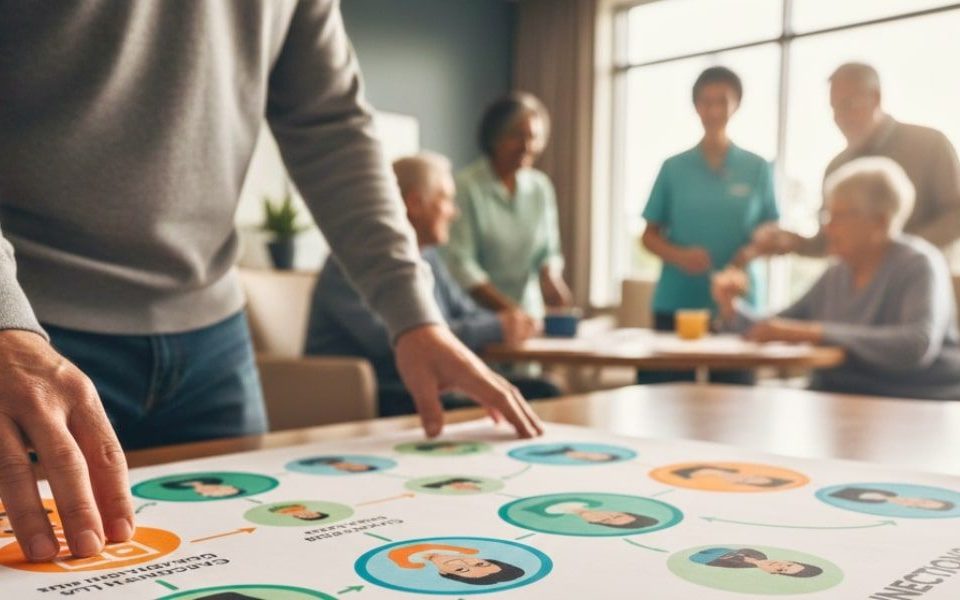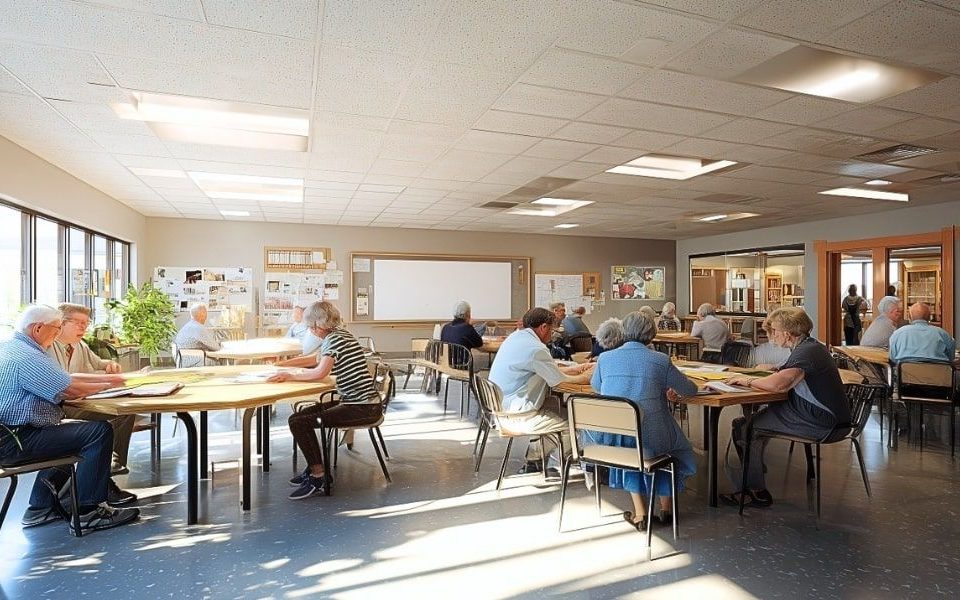
You’re not alone if you’ve noticed changes in your aging parent’s memory or thinking. Many adult children worry about mental decline, particularly with memory loss. Sleep quality is essential for brain health; poor sleep leads to fatigue, which increases the risk of dementia. Knowing how sleep quality connects with cognitive function will help you make informed decisions about your parent’s care. This post will explore how sleep affects cognitive decline in seniors.
How Sleep Affects Brain Health
Sleep provides more than rest; it allows the brain to perform essential tasks. During deep sleep, the brain strengthens memories and removes harmful waste. Poor or interrupted sleep in older adults can disrupt these processes, potentially affecting their thinking and memory over time.
Research shows that chronic sleep deprivation may increase the risk of the following:
- Memory Loss: Poor sleep impairs the brain’s ability to store and retrieve information.
- Cognitive Impairment: Sleep disturbances can cause confusion, slow thinking, and poor decision-making.
- Dementia: Long-term sleep problems are linked to a higher likelihood of developing Alzheimer’s and other forms of dementia.
Common Sleep Challenges in Seniors
Understanding why seniors struggle with sleep is the first step in helping them maintain cognitive health. Some common causes include:
- Changes in Sleep Cycles: As people age, they may experience shorter periods of deep sleep, leading to lighter and more disturbed sleep.
- Medical Conditions: Chronic pain, sleep apnea, and restless leg syndrome can interrupt sleep.
- Medications: Some medications can affect how well a person sleeps.
- Lifestyle Factors: Not getting enough exercise and irregular sleep can disrupt the body’s natural sleep patterns.
Improving Sleep to Protect Cognitive Health
If your parent is experiencing sleep disturbances, there are practical ways to support better rest and promote cognitive well-being:
- Create a Consistent Routine: Encourage a regular bedtime and wake-up schedule to regulate the body’s internal clock.
- Promote Physical Activity: Gentle exercise during the day can result in more restful sleep at night.
- Limit Stimulants: Reducing caffeine and screen time in the evening can promote relaxation.
- Comfortable Environment: Ensure their bedroom is quiet, calm, and comfortable to enhance sleep quality.
How Senior Living Communities Can Help
If you’re considering a senior living community, look for one that prioritizes sleep hygiene and cognitive care. Many memory care programs offer the following:
- Personalized Routines: Structured schedules to maintain a healthy sleep cycle.
- Health Monitoring: Regular assessment of sleep-related issues and cognitive changes.
- Holistic Wellness Programs: Activities that support mental and physical well-being.
Discover how The Mountain Side of Warm Springs fosters purpose and independence for our residents while providing personalized senior care. Explore our customized senior services to see how we support a fulfilling, enjoyable life. Are you interested in learning about living at The Mountain Side? Learn more about our comfortable, thoughtfully designed suites.
We’d love to show you around—schedule a visit to Mountain Side today.



